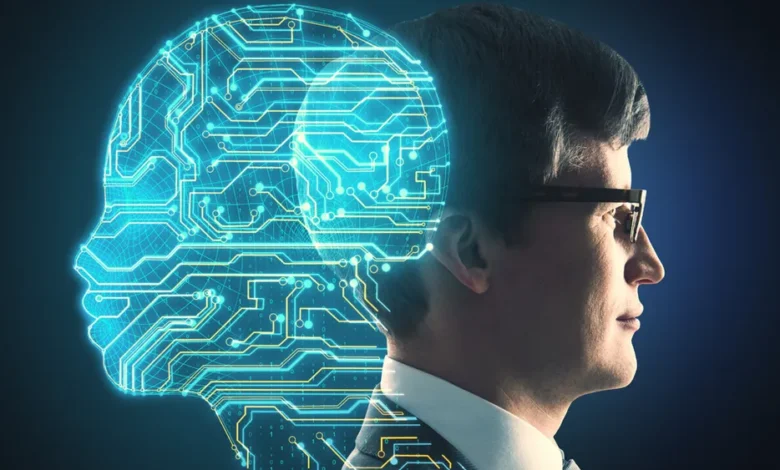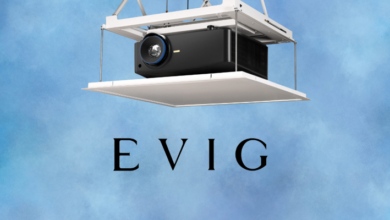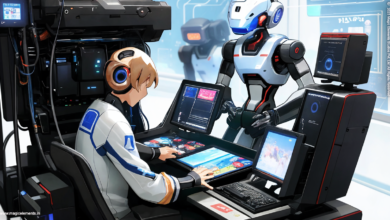How AI Is Changing the Future of Content Creation

AI is reshaping content creation in significant ways. Writing assistants streamline the drafting process, allowing creators to prioritize originality over routine tasks. Visual content tools enhance creativity and engagement, adapting to audience preferences. Yet, this technological shift prompts questions about authorship and ethical practices. As the integration of AI deepens, understanding its implications becomes crucial. What challenges and opportunities lie ahead in this evolving landscape?
The Rise of AI Writing Assistants
As the digital landscape evolves, the emergence of AI writing assistants has transformed the content creation process, enabling both professionals and amateurs to enhance their writing efficiency.
These tools streamline workflows, allowing users to focus on ideas rather than mechanics. The result is a notable improvement in content quality, as AI enhances clarity and coherence, fostering freedom in creativity and expression.
See also: How AI Image Generators Are Used in Game Development
Enhancing Visual Content With AI Tools
While traditional methods of visual content creation often require significant time and artistic skill, the integration of AI tools has revolutionized this process.
AI image generation enables quick and high-quality visuals, while video enhancement tools improve footage effortlessly.
Additionally, design automation facilitates the creation of interactive graphics, allowing creators to focus on innovation rather than the technical aspects of production, thereby promoting artistic freedom.
Personalization and Audience Engagement Through AI
In an era where consumer preferences are increasingly diverse, leveraging AI for personalization and audience engagement has emerged as a critical strategy for content creators.
The Ethical Considerations of AI in Content Creation
The rapid integration of AI into content creation raises significant ethical questions that demand careful consideration.
Concerns regarding data privacy emerge as user information is leveraged to generate personalized content.
Furthermore, the issue of creative ownership becomes contentious when AI-generated works are produced, challenging traditional notions of authorship.
Stakeholders must navigate these dilemmas to ensure a responsible and equitable approach to AI in creative fields.
Conclusion
As AI continues to revolutionize content creation, it seems the true authors are merely puppets, stringed along by algorithms that churn out creativity on command. While creators rejoice in newfound efficiency, one must wonder: are we crafting masterpieces or simply assembling fragments from a digital collage? In this brave new world, the line between inspiration and imitation blurs, leaving audiences to ponder if they are truly engaging with art or merely consuming cleverly disguised code.





